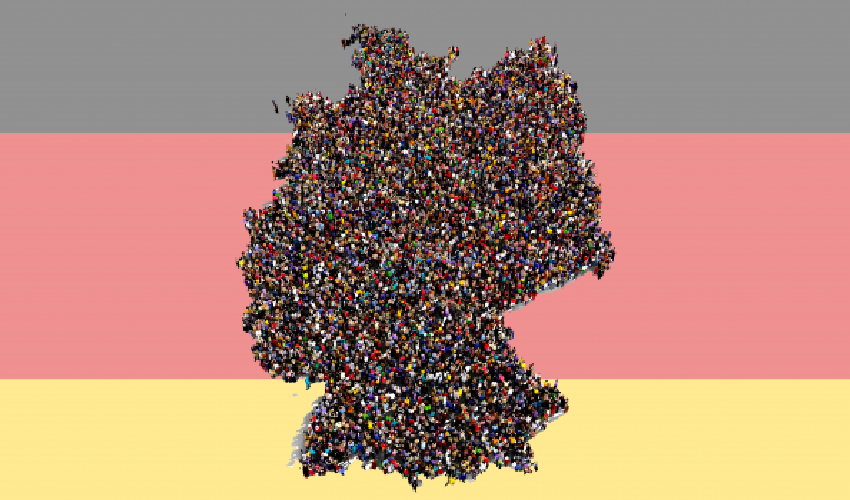In 2025, Germany is experiencing significant labour disputes as the historic bond between firms and workers, once considered a pillar of the country’s economic success, begins to unravel. This shift comes as the nation faces tough competition, economic weakness, and rising costs.
Large industrial giants such as Bosch, Thyssenkrupp, ZF Friedrichshafen, and Volkswagen, which together represent over half a million workers, are showing increasing determination to cut jobs, close factories, and relocate staff abroad. Unlike previous crises, company boards are less willing to compromise, and in some cases, they have unilaterally ended wage agreements or suspended talks with workers.
The poor health of Germany’s economy, which has contracted for the second consecutive year, is contributing to this situation. The country, once reliant on labor- and energy-intensive sectors like automotive and chemicals, is now one of the world’s highest-cost nations. This raises questions about whether Germany’s principle of “co-determination”, which gives workers a significant voice on company supervisory boards, is hindering necessary corporate restructuring.
This issue is expected to be a major topic for Germany’s next government, to be decided in a snap election on February 23.
Union Response
Labour union leaders, such as Knut Giesler from Thyssenkrupp, anticipate a year filled with disputes. At Thyssenkrupp, management plans to cut or outsource 11,000 jobs—around 11% of the workforce—and tensions with workers are mounting. Unions, frustrated by the lack of communication and negotiations, are preparing for more protests and actions in the near future.
Economic Impact
Germany’s economic change is already having a significant impact on unions. The number of unrepresented workers in the country’s largest companies has risen by 14% since 2019, with top unions like IG Metall and Verdi losing members. Unions claim that while they are aware of the economy’s challenges, companies are exploiting the situation to push for radical changes that workers have not agreed to.
Companies like Bosch, the world’s largest automotive supplier, are planning significant job cuts in Germany, with unions claiming that management has refused to engage in meaningful negotiations.
The Future of Restructuring
Experts predict that Germany’s economy will remain weak in 2025, with GDP growth expected to be just 0.2%. Companies and unions will need to learn how to restructure through job cuts, as maintaining jobs that are no longer needed is becoming increasingly expensive.
Conclusion
The likelihood of large-scale disputes and strikes is high in 2025. If communication between companies and unions doesn’t improve, Germany could face a year of significant labour unrest, with negative economic consequences.



